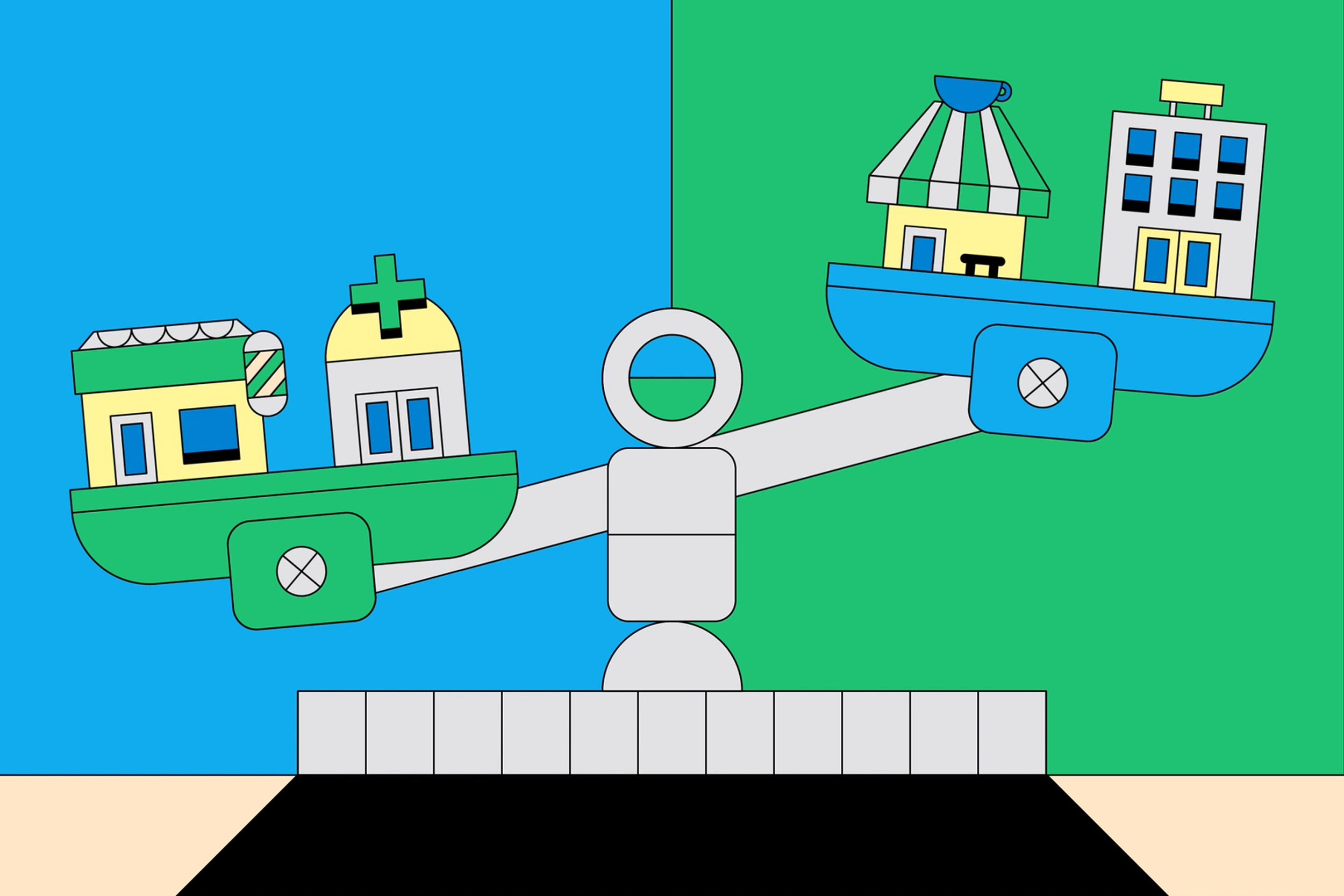A recent study by Canalys has brought a glimmer of hope to the PC market, suggesting a potential revival in 2024. After enduring seven consecutive quarters of decline, the report forecasts a 5% growth in the final quarter of 2023 and an 8% year-over-year growth throughout 2024. The surprising upturn is attributed to the advent of the “AI PC,” a concept where artificial intelligence is seamlessly integrated into every aspect of personal computers.
AI PC revolution
The primary catalyst for the projected resurgence lies in the emergence of AI-infused PCs. This entails not only the inclusion of Neural Processing Units (NPUs) on the hardware side but also the integration of AI at the software level. Notably, Microsoft’s Windows operating system has embraced generative AI through features like Copilot, ushering in a new era of AI-driven computing. The synergy between hardware and software enhancements is expected to elevate user experiences, enticing consumers to consider upgrading their devices.
ARM-Powered PCs: A potential game-changer
Another pivotal factor contributing to the optimistic outlook is the rise of ARM-powered PCs. Despite skepticism in previous years, the landscape is shifting, with Qualcomm’s Snapdragon Elite X announcement capturing global attention. Established players such as AMD and Nvidia are also rumored to explore ARM architectures. While the idea of a Windows ARM revolution may seem ambitious, 2024 could witness significant strides in this direction. The appeal lies in the promise of MacBook-like efficiency and extended battery life, potentially swaying consumers to embrace this new wave of computing.
Qualcomm’s snapdragon elite X and industry trends
Qualcomm’s strategic move with the Snapdragon Elite X has ignited discussions about the viability of ARM-powered PCs. The industry’s response to this development underscores the potential shift towards alternative architectures. If influential players like AMD and Nvidia join the fray, the ARM landscape could witness increased competition, fostering innovation and diversity in the PC market.
Windows 12 and the refresh cycle
The anticipated release of Windows 12, tentatively scheduled for 2024, adds another dimension to the predicted rebound. The Windows refresh cycle has historically influenced PC sales, with consumers often drawn to the latest features and designs. While AI is expected to be a cornerstone of Windows 12, driving performance improvements and introducing novel functionalities, its impact on the overall PC market remains to be seen.
Windows 12, the potential successor to Windows 11, promises a blend of tradition and innovation. With rumors circulating about its imminent launch, the prospect of AI playing a pivotal role in the operating system’s functionality is enticing. While existing PC users may eventually receive updates, the initial batch of devices featuring Windows 12 could attract early adopters seeking cutting-edge technology.





